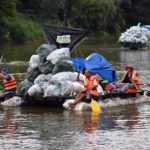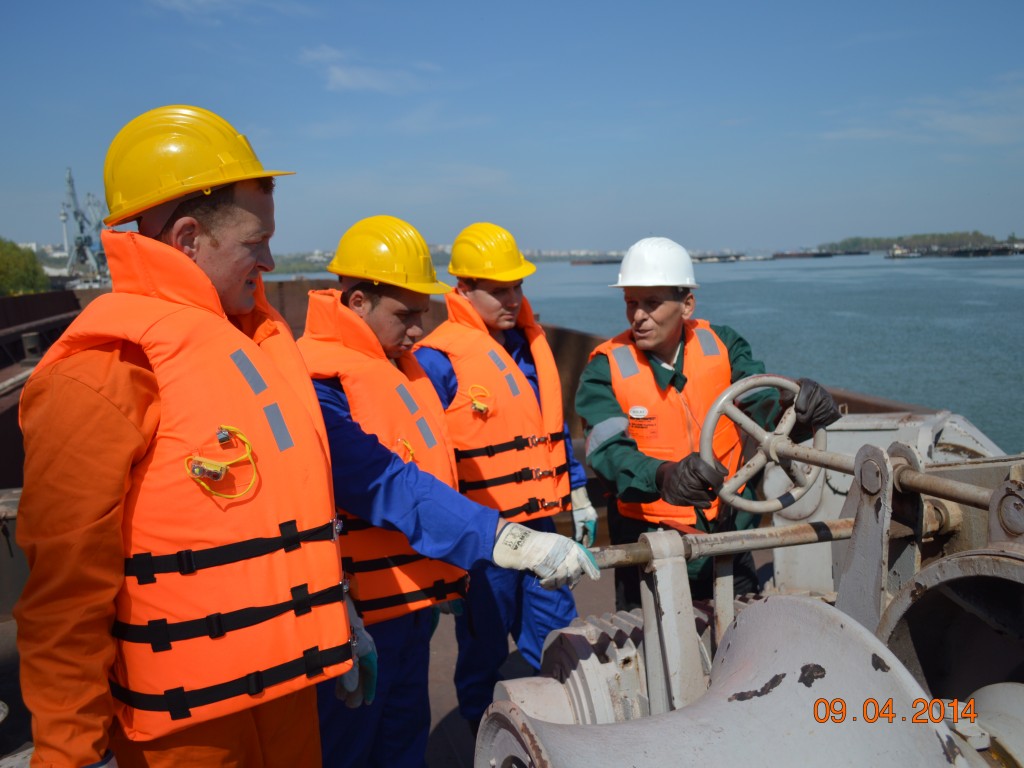The Conclusions on effective infrastructure rehabilitation and maintenance on the Danube and its navigable tributaries adopted in 2020 by the ministers and heads of delegations from the EUSDR participating countries encourage efforts towards further digitalisation of waterway management operations and the development of digitalised waterway infrastructure and traffic management systems. Technologies advance rapidly and new vessels with energy-effective engines replace the old ones. Subsequently, special attention has to be paid to human resources and training requirements necessary to operate the new technologies. Qualified personnel and harmonised standards of competence for professions would contribute to a great extent to improved navigation on the Danube.
EUSDR Priority Area 1a – Waterways mobility, jointly coordinated by Austria and Romania, acted to identify measures for an increased availability of nautical personnel and attractiveness of jobs in inland waterway transport sector. The implementation of the Directive (EU) 2017/2397 on the recognition of professional qualifications in inland navigation was constantly in the attention of PA 1a Steering Group and the discussions on promoting jobs and career opportunities had a clear focus on access to quality employment.
Furthermore, PA 1a supported relevant projects, such as Increased institutional capacity in Danube navigation by boosting joint transnational competences and skills in education and public development services – #DanubeSKILLS and Green and efficient Danube Fleet – GRENDEL, financed by the Danube Transnational Programme.
The transnational model course on Human resource management and social responsibility on board within the Danube SKILLS project was organised to assist education and training entities in the Danube Region in building their institutional and organizational capacity so as to match the standards of competence required by EU legislation. This way, stakeholders from the entire Danube Region can use this training tool for enhancing, updating and supplementing existing educational resources.
Based on the fact that the future transportation sector needs professionals from every domain, the partners of GRENDEL project developed a consolidated input on the human resource working in this sector and on the competences to be developed. Enhanced communication and smart shipping skills are only two examples of themes that were approached during the course, in order to develop a solid multi-disciplinary environment and new competences for the navigation personnel.
In the future, PA 1a will continue to work on facilitating the implementation of the European legislation as regards the competences for crew professions in Danube navigation.
Photo: DanubeSkills project




